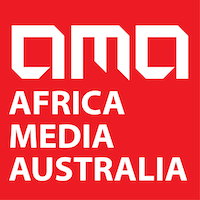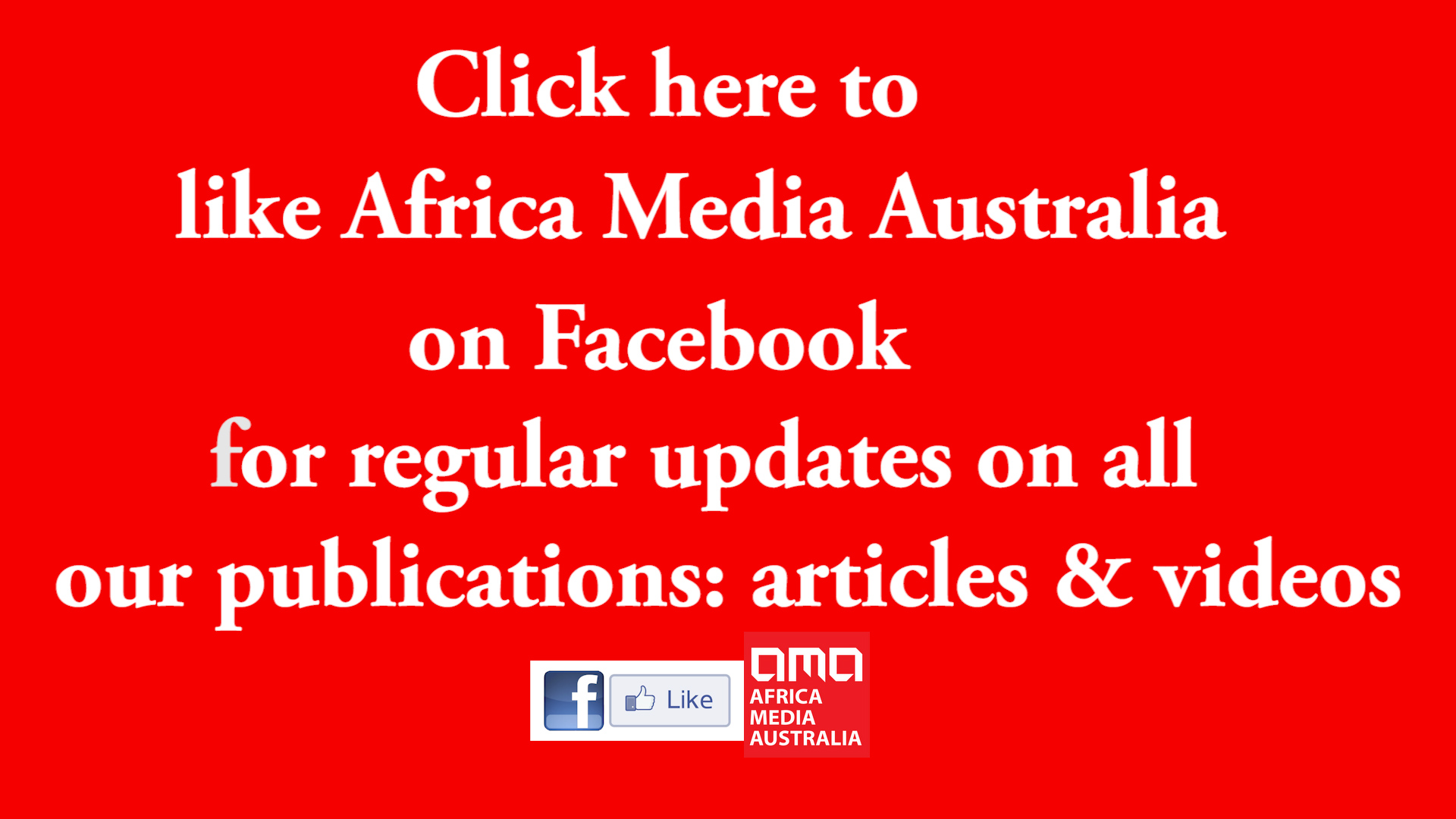David Marlow is Executive Director of the Jewish Community Council of Victoria (JCCV), which is the peak body representing Victorian Jewry. The JCCV organised the Inaugural JCCV Jewish – African Communities Friendship Dinner that brought together African and Jewish community members in an effort to build bridges between these two communities. In this interview with AMA’s Clyde S. Sharady, David speaks about his organisation, the motivation behind the dinner, media representations of migrant and ethnic communities, possible collaboration between the two communities. The interview will be published in two parts and the following is Part 1.
AMA: Please tell us about your organisation
D.M: The Jewish community Council of Victoria (JCCV) is the peak body for jewish communities in Victoria. We have about 52,000 Jews in the community and the organisation started in 1938 and it represents 52,000 Jews through 54 jewish community organisations, which are our affiliates . We combine together synagogues, schools, welfare organisations , social organisations, some semi-political organisations, Jewish care, Jewish museums and we work on issues of racism and anti-semitism, issues of pastoral care for the communities, LGBT rights, people with disabilities and a range of other issues. We also as represent the community to government bodies, Victoria Police and Federal Police. We have a federal body, which we are part of and if it’s a federal issue they work on it, if it’s a state issue we work on it.
AMA: When did the jewish start coming to Australia?
There were Jewish people on the first fleet as convicts and we have been about the same percentage of the community ever since. There has been waves of increases, for example in 1890s there waves from Russia and Eastern Europe, because of antisemitisim and then pre-war out period out of Natzi Germany. My parents came in 1938-39, then you have big waves of immigration after the war, holocaust survivors, people escaping Europe, then people from South Africa and former soviet union when they ware allowed out and more recently people from Israel has been a little wave.
AMA: You organised a friendship dinner in May 2016 that brought together Africans and Jewish community members in Melbourne. What led you to organise this event?
D.M: I seat on a number of external committees, Victoria Police multicultural committee and interfaith council, State and multi-faith advisory groups and other committees. Often there are some representatives of African communities from South Sudan, Somali, Ethiopia and through talking to those guys we came to understand that we have a significant African community that is not well understood by the Jewish community and for whatever reasons we tend to live in different suburbs and a lot of people from Africa haven’t had contact with Jews in their countries, so I thought it was an opportunity to create bridges and may be see what opportunity there may be for parts of our communities to work with parts of African communities.
AMA: So the dinner worked and people have started talking ?
Yes, its terrific, it’s good to get people talking and break down the stereotypes from both sides. Because there are things that the media says about our all communities, which are never positive. Mainstream media don’t help in terms of perceptions of different communities. So, it was important, given what was happening in the media on all sides, it became even more important for people seeing each in different lights, in a friendly way and positive way to see where we may have common interest.
AMA: Talking of the media, why do you think the media is so much interested on negative stories only and not the positive things that are happening within migrant and ethnic communities?
D.M: We have had this discussion with a lot of people before, newspaper, radio and other journalists and it’s very difficult to get them to think past disasters, they like disasters,things going wrong, they like problems. Good news doesn’t sell papers and so, if something happens , if there is a terrorist attack in Israel one person dies, they don’t care, but if there is a terrorist attack somewhere and 130 people die, that’s terrible and they are going to make a big think about it. If someone in African communities does something nice, it might make the local leader newspaper, but it may not make in the Age or Herald Sun generally, they want something which is a bit more what what they think is “newsworthy”. So, the bigger the disaster the bigger the problem. We try to explain to the media that if the only story you do about some Somali, Jewish, Muslim is negative, then the perception of people in the general community who don’t necessarily mix with those other communities will be negative. I attended the Youth summit recently and some of those issues came up and the Herald Sun’s editor was there and he stood up and spoke and everyone went “Oh my God!”, but he got off lightly. Newspapers are big part of the problem, Tv show, the news, current affairs, they all like the negative stories and it is very hard to convince them to do something a bit positive for our communities.
AMA: Do you think that is just the natural inclination for the media to be negative or do you think there is an element of racism in there
D.M: That is a hard one. I think there is definitely an element of racism in there. I don’t think the individual journalists are necessarily racists. Often the stories produced are not necessarily racist when you read them, off course the are certain commentators and columnists who clearly do have issues on race or relation, but generally the journalist are not, but when they go to the editor or sub editor to get the title of the story, then it gets twisted around and it can look a lot worse and the think they highlight Like if someone from African community does something, they are likely to say that the person is african, but if it was a catholic person they will not say that , unless it was a catholic priest and they may have a go at them, but I think there is an issue of race and I think they make certain things seem a lot worse than they are. For example car jacking , there has always been car jacking, they are a bit different now but it is not like they are hundreds of them so they get a disproportionate amount of news. The house breaking, it’s the same, partly because it is a new phenomenon and people get a bit nervous about those, understandably. But the media makes it look like every house has been broken into. Every house has been broken into in my street over the last 30 years and it’s not new. It’s new in the sense that because people are breaking in when the owners are there, because they want to still the car. Whether they will still be reporting this if the kids were from Xavier college, White, Catholic, I don’t know. I think there is an element of chasing the news , the bad stuff, and in some case the racial or religious intolerance gets pushed. You see that quite a bit in all mainstream newspapers and news outlets at some level.
AMA: Australia rates very well when it comes to multiculturalism and diversity, but when you look at the he media, it has remained defiantly Anglo-saxon. Why do you think this is the case?
D.M: Senior roles in the media tend to be male dominated, so its not just Anglo-saxon background and even when they do get someone with a different background they don’t necessarily get into senior enough level to have much of an influence. So it’s a fair call, senior media level in mainstream media is not representative of the general community. It’s like trying to get women into senior level, it’s hard to push them. They are private enterprises and do their own thing. ABC and SBS you can have an influence on them to get them to do what the community want them to be. There is a bit more in mainstream media with people like Waleed Ali, but then they start to get proportionally too much voice in one person because he is it, he is the only one. But, it’s important in media and not just in news or current affairs, but also in TV shows to have the show reflect more of the general community. I think having role models and having all Australians considered as mainstream is really important and that is what mulcitulralism in Australia is all about that all Australians are mainstream, not just a collection of different multictulral groups that are all separate and don’t feel like they belong, its important that everyone feels like they belong because they do.



